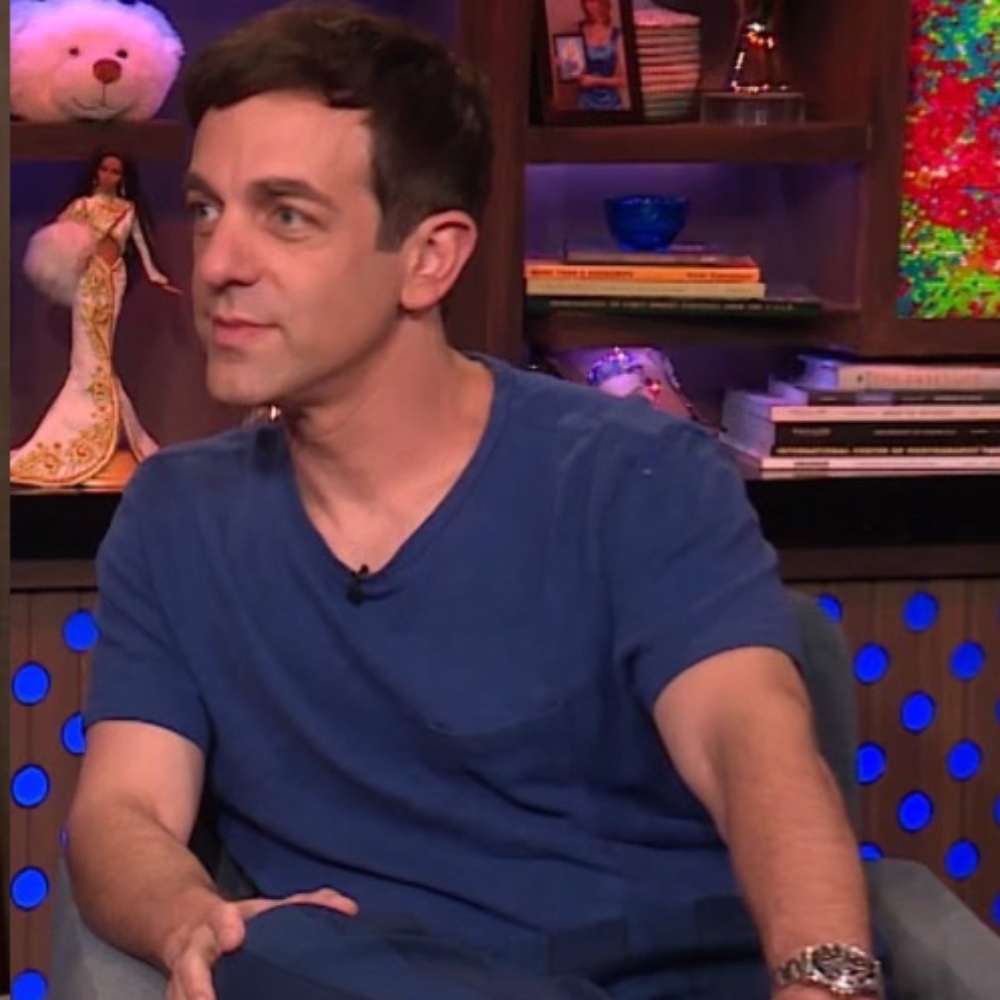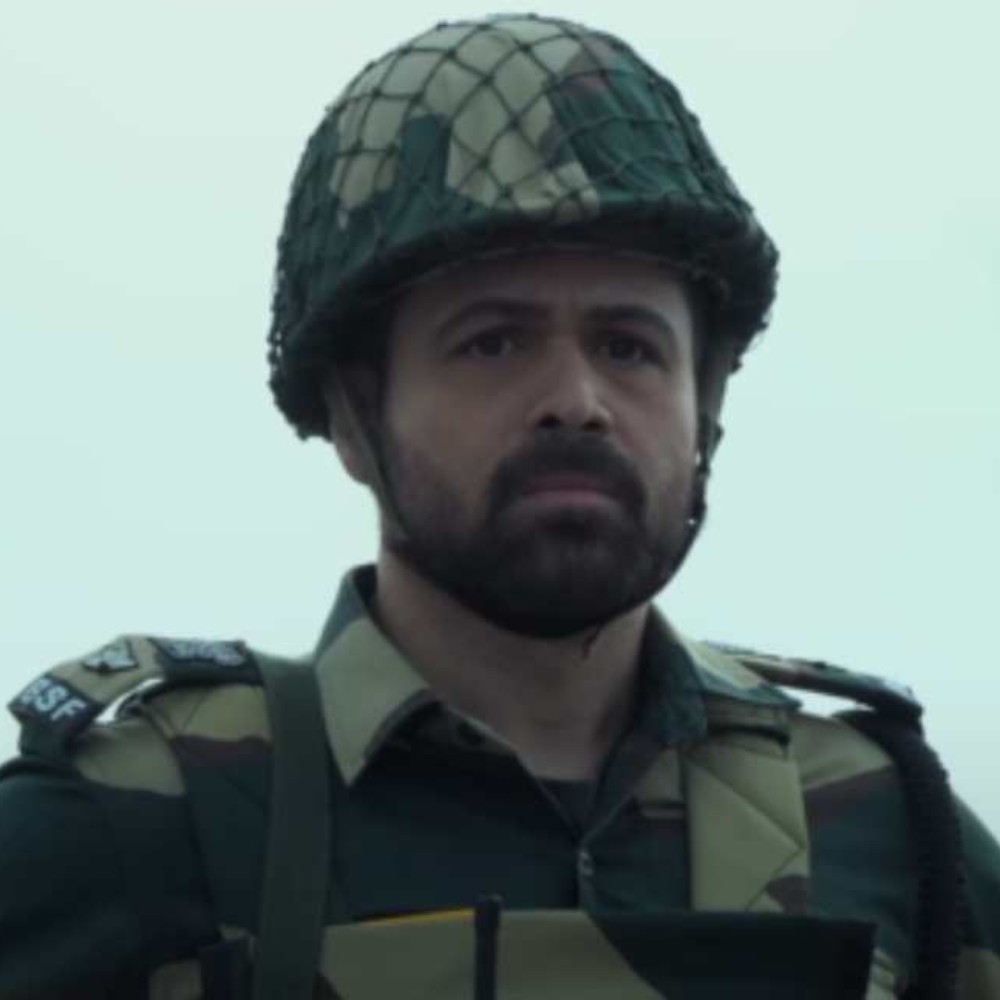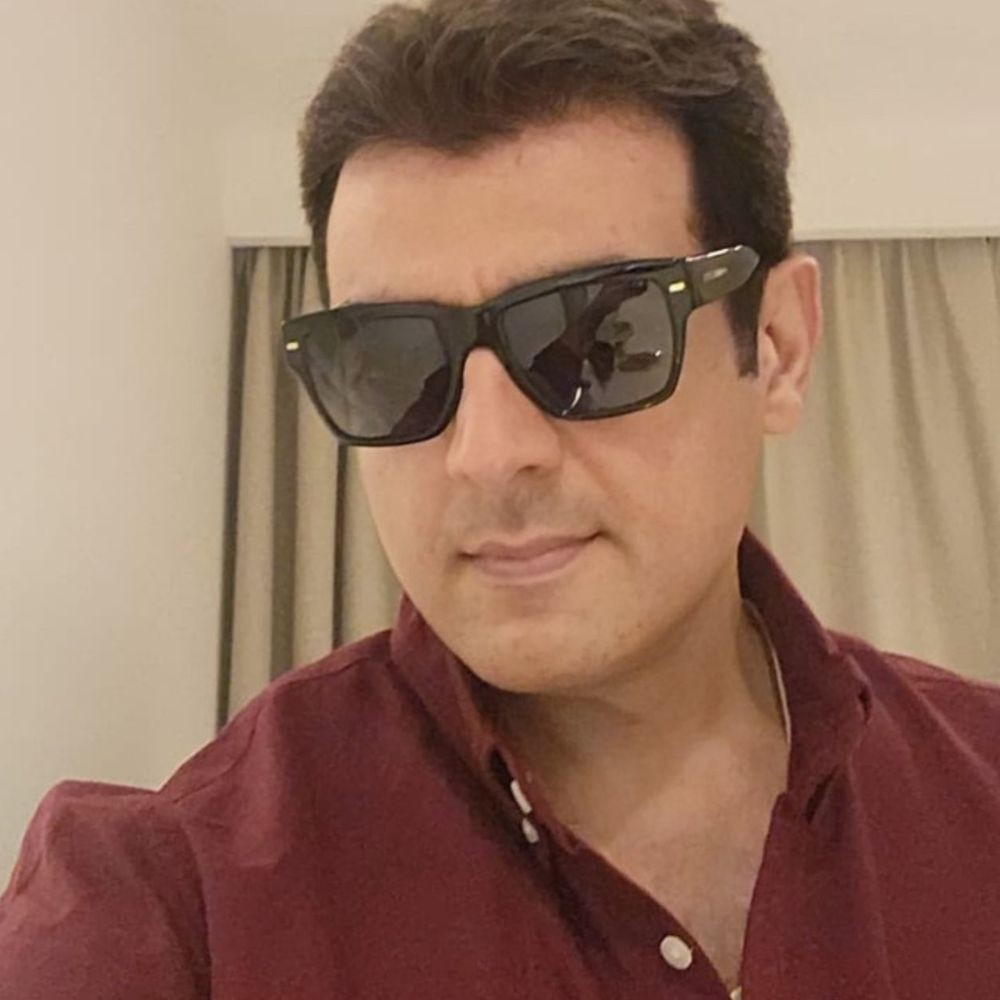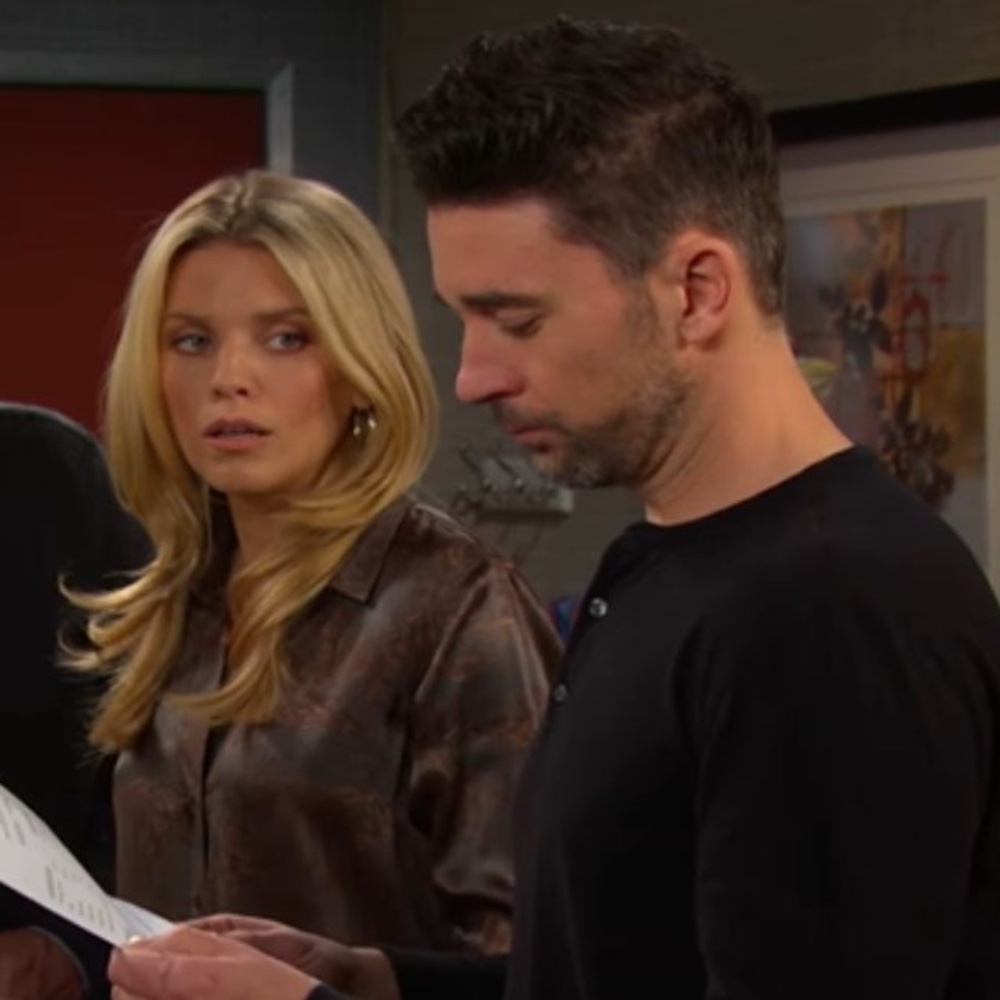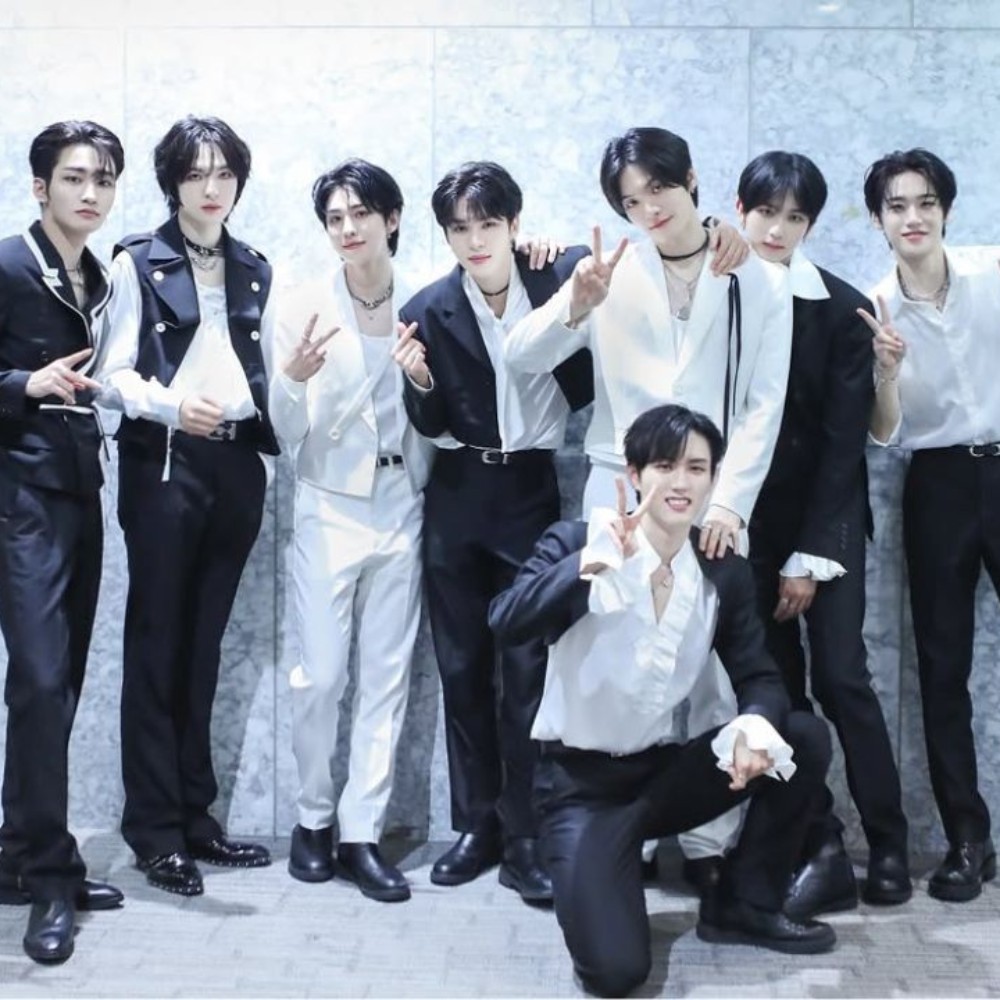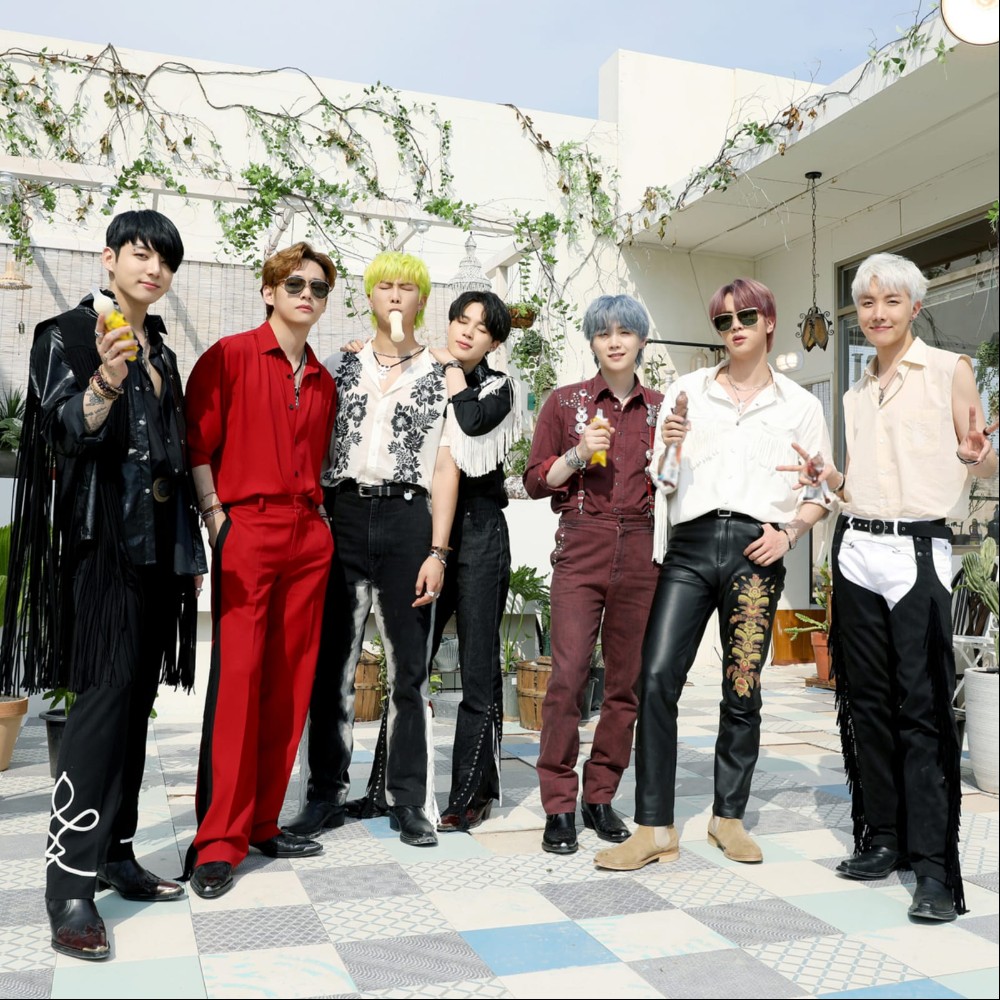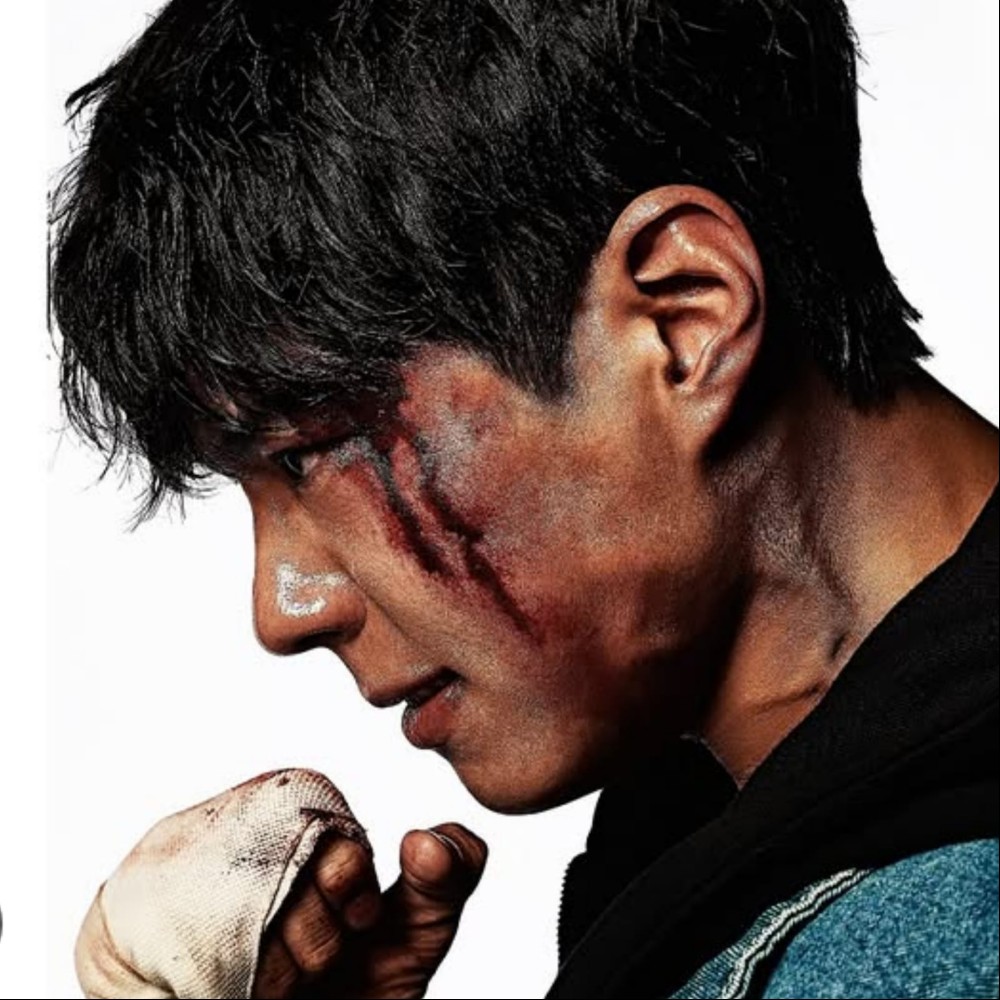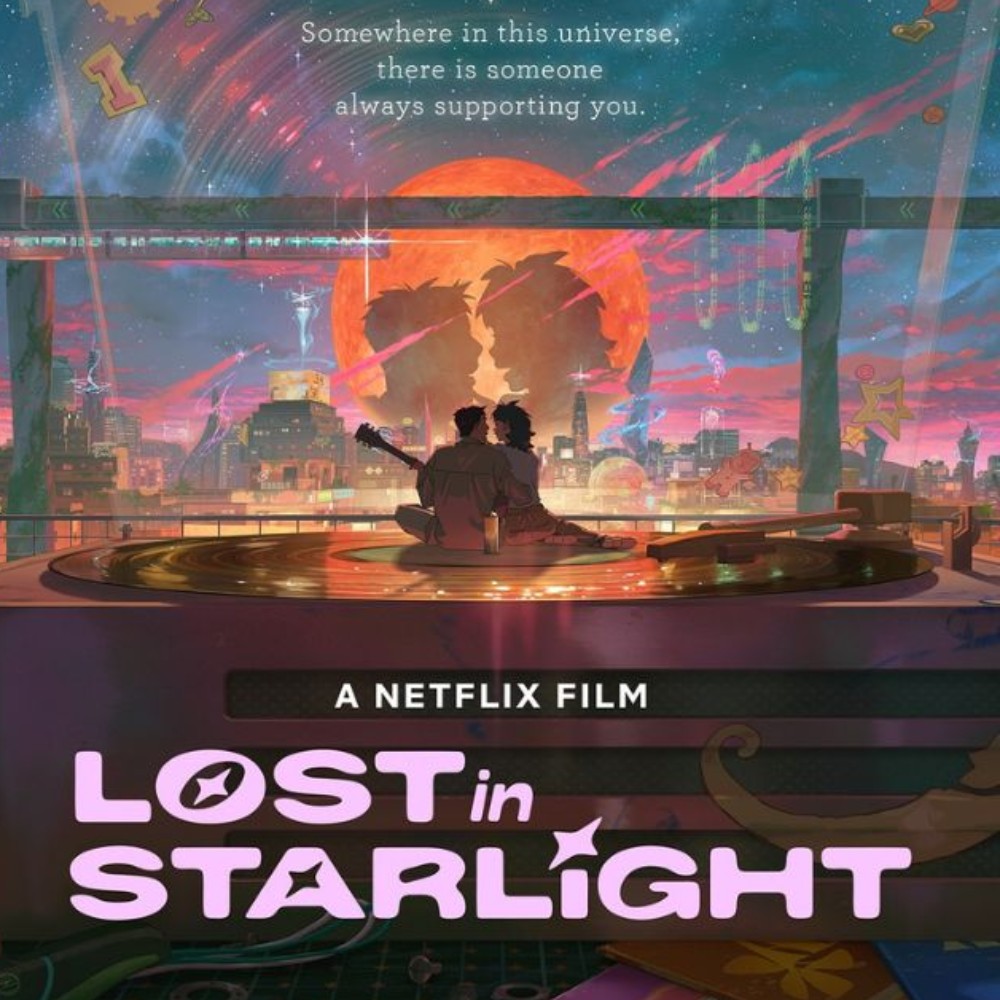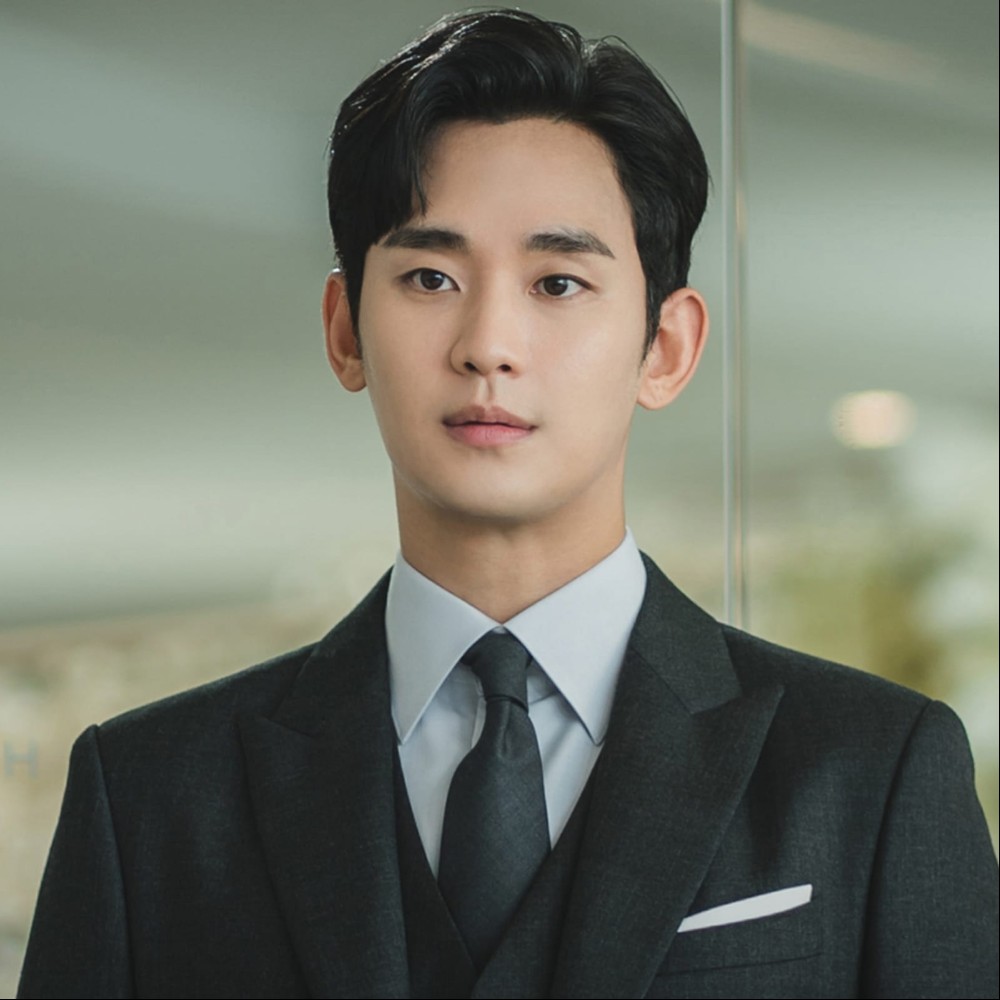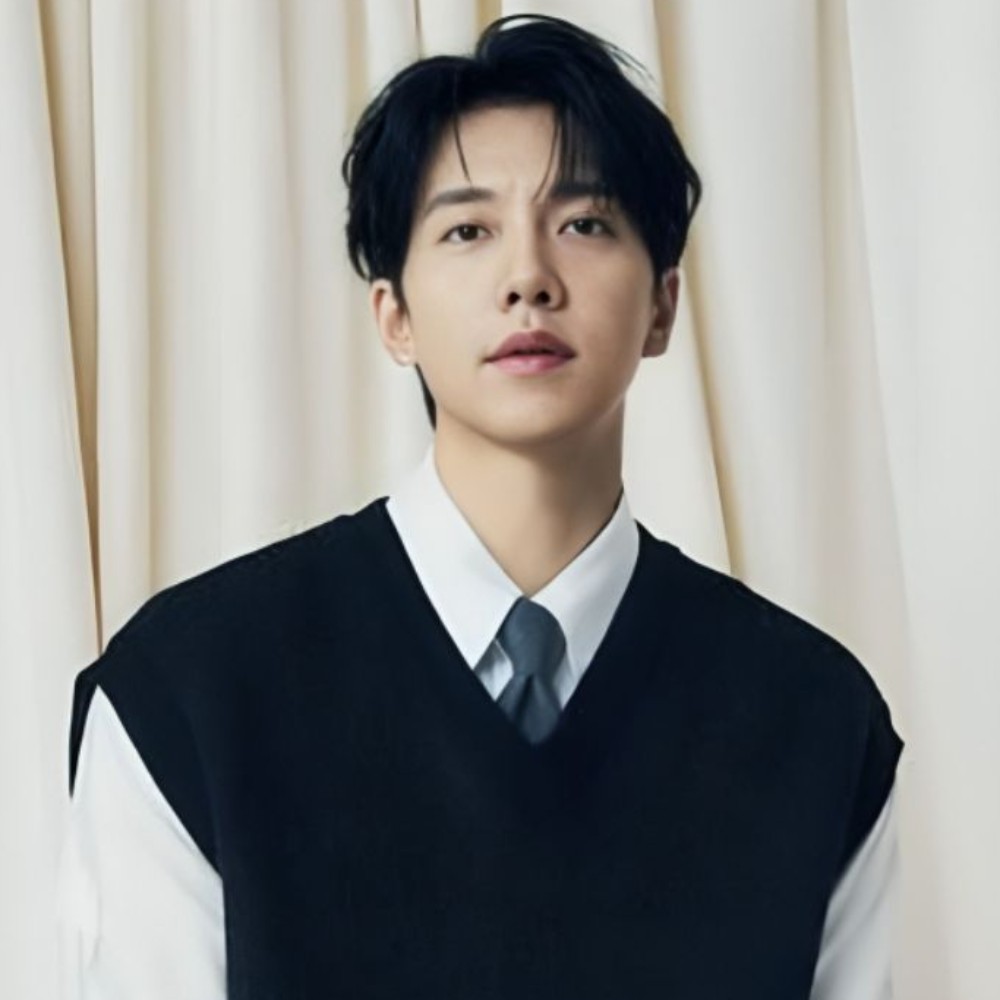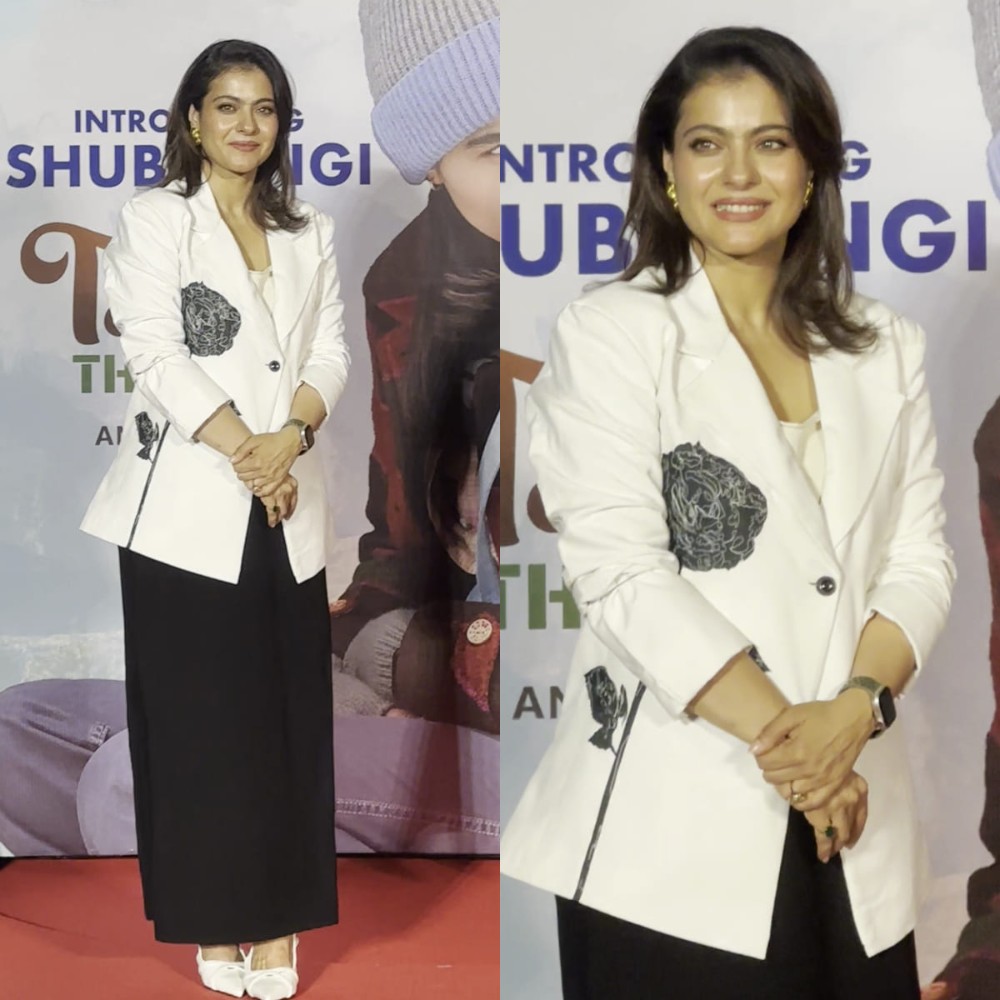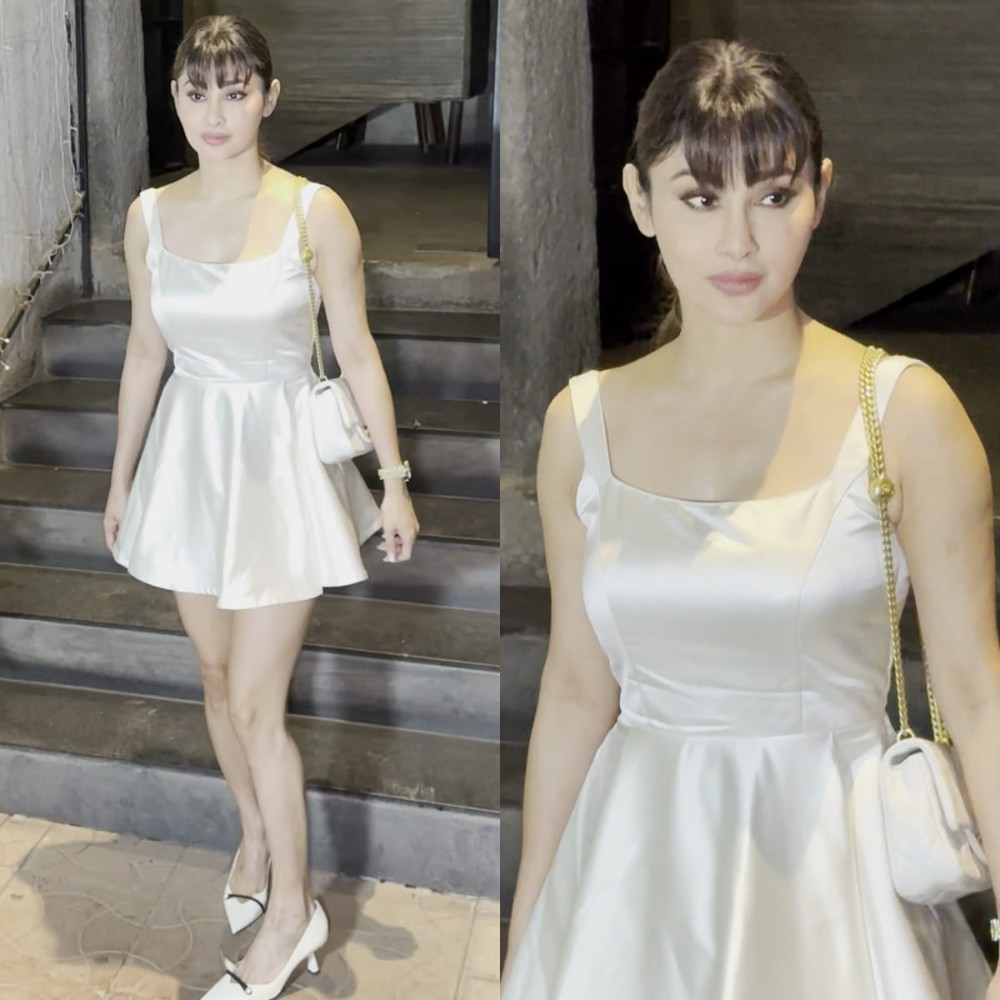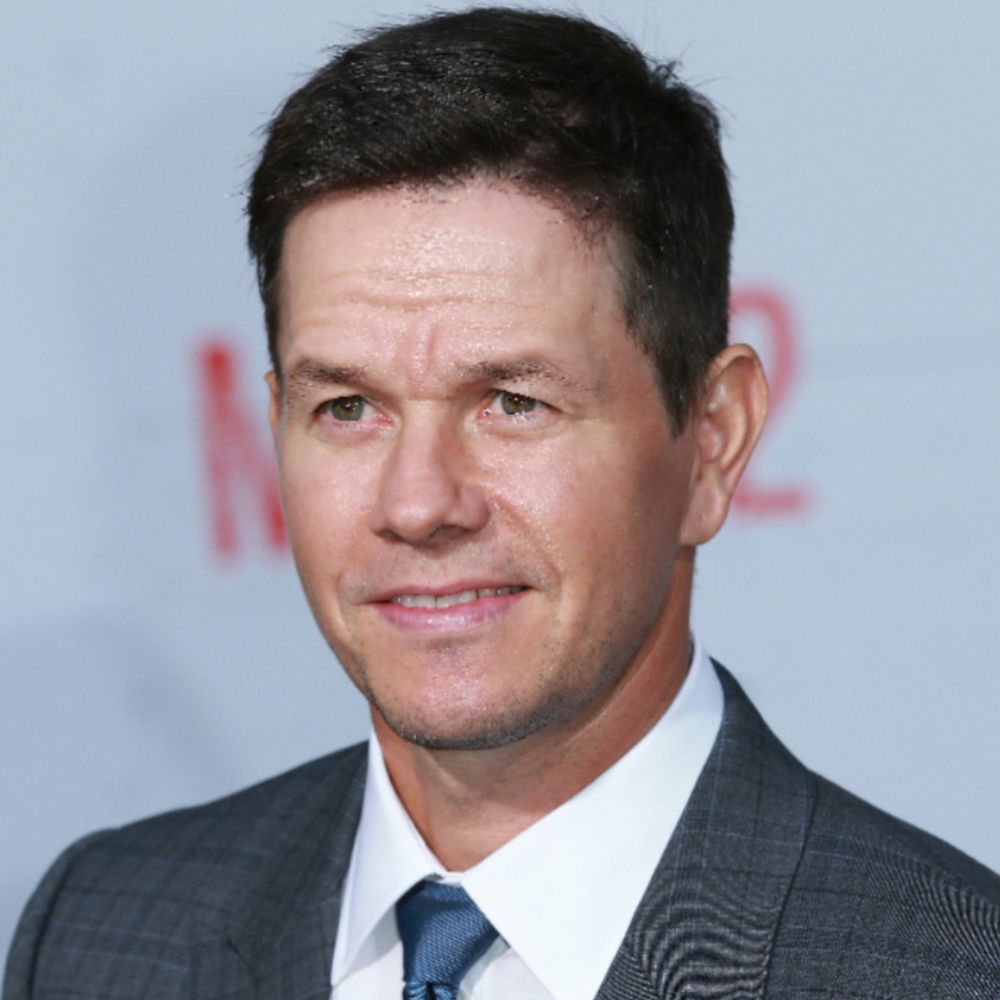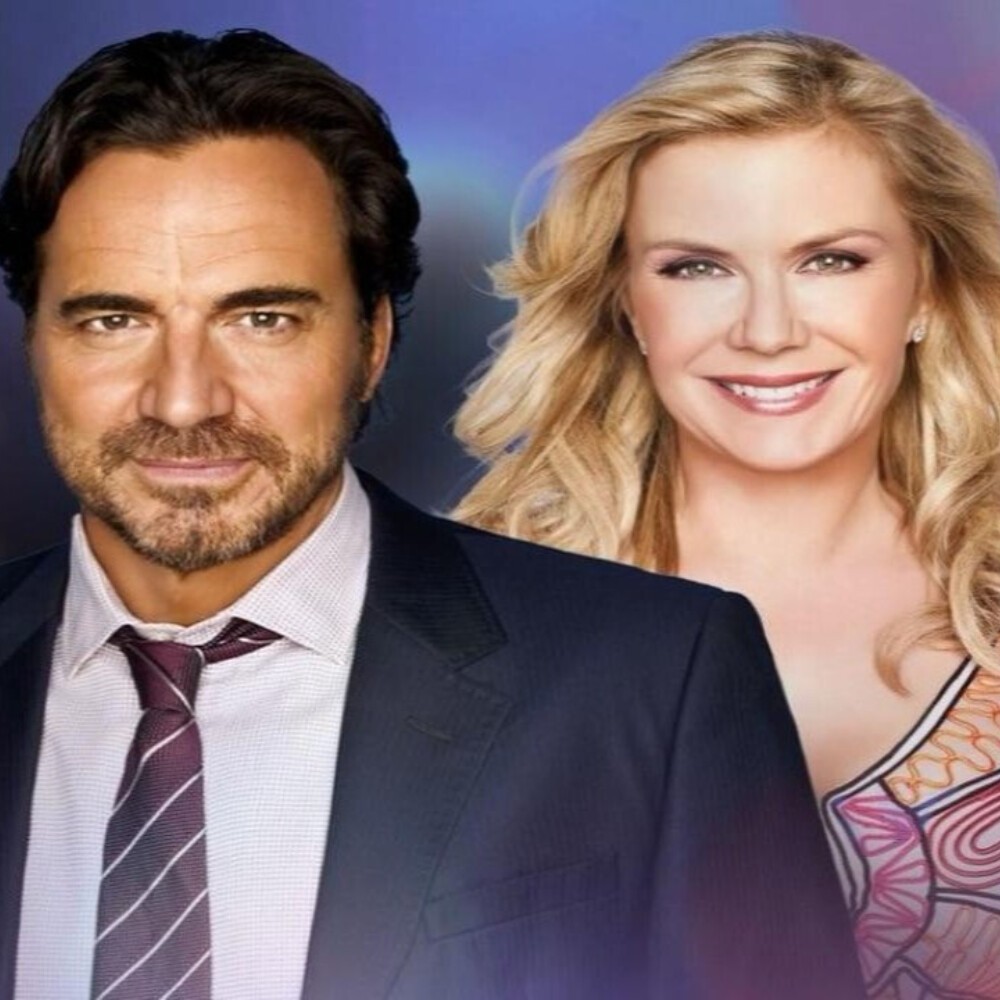Martin Scorsese's Jesus Film Consultant Father Spadaro Reveals Early Draft Of Script In New Book; Read Details
Take a look into the early draft of a potential Jesus film screenplay by Martin Scorsese is being translated from Italian langauge and unfolding in the final section of the book.
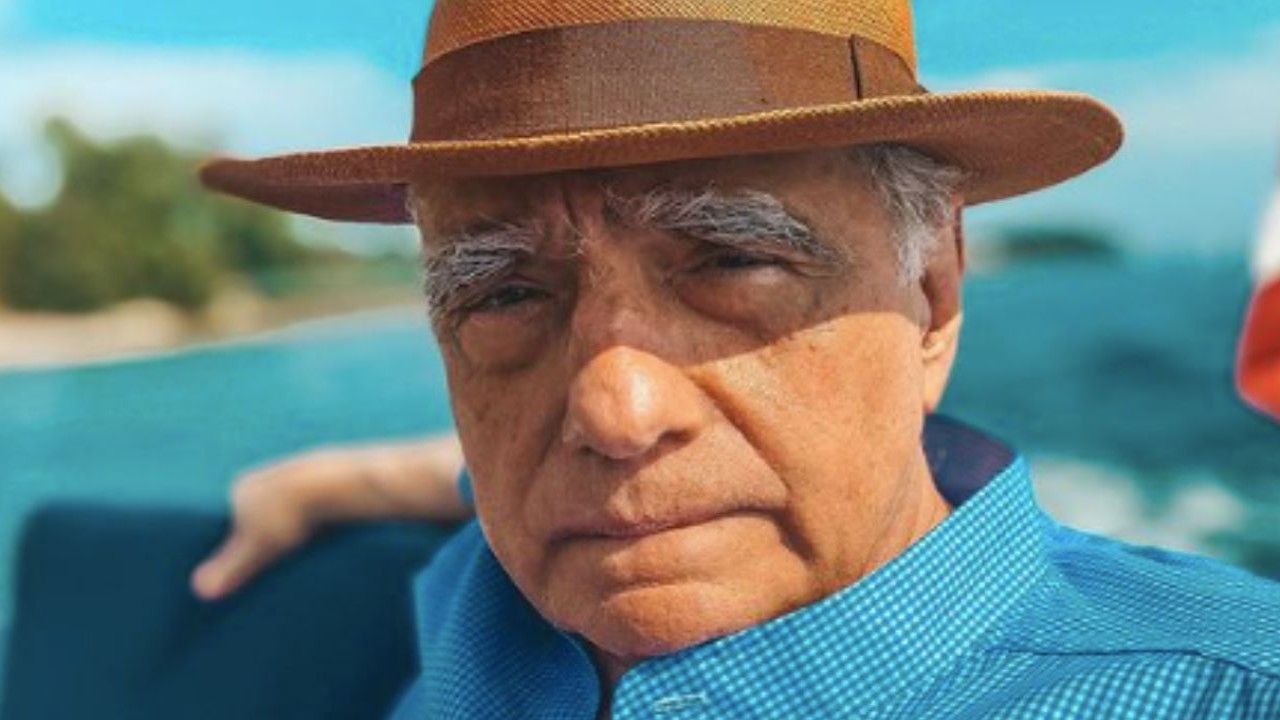
-
A screenplay for a possible film on Jesus has been in talks
-
Collaborating with his longtime partner Kent Jones, Scorsese has been developing the screenplay
-
Reportedly, filming for the 80-minute film is scheduled to commence later in 2024
According to to Variety, In May 2023, after the premiere of Killers of the Flower Moon at the Cannes Film Festival, Martin Scorsese and his wife, Helen Morris, visited Rome, where they attended a conference titled The Global Aesthetics of the Catholic Imagination. During this event, the acclaimed director revealed that he had answered Pope Francis' call for artists by conceptualizing and crafting a screenplay centered around the Lord Jesus Christ. The conference was organized by the Jesuit publication La Civiltà Cattolica and took place following a series of private discussions between Scorsese and the journal's editor, Father Antonio Spadaro. These candid conversations, now compiled and published in Italy under the title Dialoghi sulla fede (Dialogues on Faith), shed light on the filmmaker's creative process and spiritual exploration.
What is the early draft of the screenplay for a possible film on Jesus about?
As per Variety, a screenplay for a possible film on Jesus has been in talks. The final section of the book, which has been translated from Italian, features an early draft written by Scorsese. In its introduction, Spadaro clarifies that this draft, spanning less than 20 pages, isn't the finalized screenplay for Scorsese's upcoming film, but rather a preliminary version that the director authorized for publication.
Collaborating with his longtime partner Kent Jones, Scorsese has been developing the screenplay for the movie, drawing inspiration from the book A Life of Jesus by Japanese novelist Shūsaku Endō. Reportedly, filming for the 80-minute film is scheduled to commence later this year. Endō is also known for Silence, a novel centered on Portuguese Jesuit missionaries in 17th-century Japan, which Scorsese adapted into a film of the same name in 2016. Moreover, Spadaro describes it as not just an exploration of Jesus and his character but also an introspective look at Scorsese's journey. Below, Spadaro also provides an excerpt from the early draft for readers to enjoy.
An excerpt from the draft of the film
Let’s start immersed in the dark.
A painted image of Jesus’ face suddenly lights up the frame… then, just as quickly, it disappears into the darkness again.
CUT to a series of images: a simple wooden cross hanging above a neatly made bed in the apartment of a popular tenement… church windows with scenes from the life of Jesus… a marble sculpture of Mary holding the body of Jesus in her arms… a small gold cross next to a popular image of Jesus praying towards heaven… a child sitting at a table looking into tall the cross next to complex colorful drawings for a fictional film titled “The Eternal City.”
More images of Jesus: other mass-produced family portraits, short moving images from “Intolerance,” the silent version of [Cecil B. DeMille film] The King of Kings, [Henry Koster’s Biblical epic] “The Robe” and the sound version of “King of Kings.”
VOICE: Like millions of other children around the world, I grew up surrounded by images of Jesus, all based on a common idea of his appearance and behavior: handsome, with wonderful long hair and beard, ascetic, pious…
A scene from Pasolini’s “The Gospel According to St. Matthew,” the sermon on the mountain.
VOICE: When the idea of making cinema started to become concrete, I had in mind to make a film about Christ in the modern world, in modern clothes, shot in 16mm and in black and white in the streets of New York, with apostles in suits and ties in old, peeling, weathered hallways, with the crucifixion set on the West Side piers and cops instead of centurions… my world. But then I saw Pasolini’s Christ. The setting wasn’t modern, but the feeling it conveyed was. There was the immediacy of Christ. Pasolini showed us a Jesus who was often heated and angry. Who fought… His film had made what I had in mind become quite superfluous, but it inspired me to keep going.





 JOIN OUR WHATSAPP CHANNEL
JOIN OUR WHATSAPP CHANNEL


